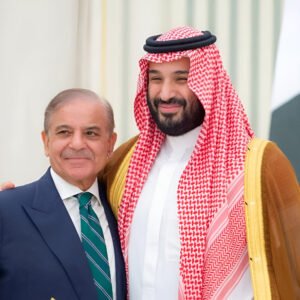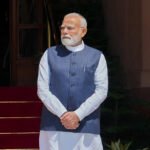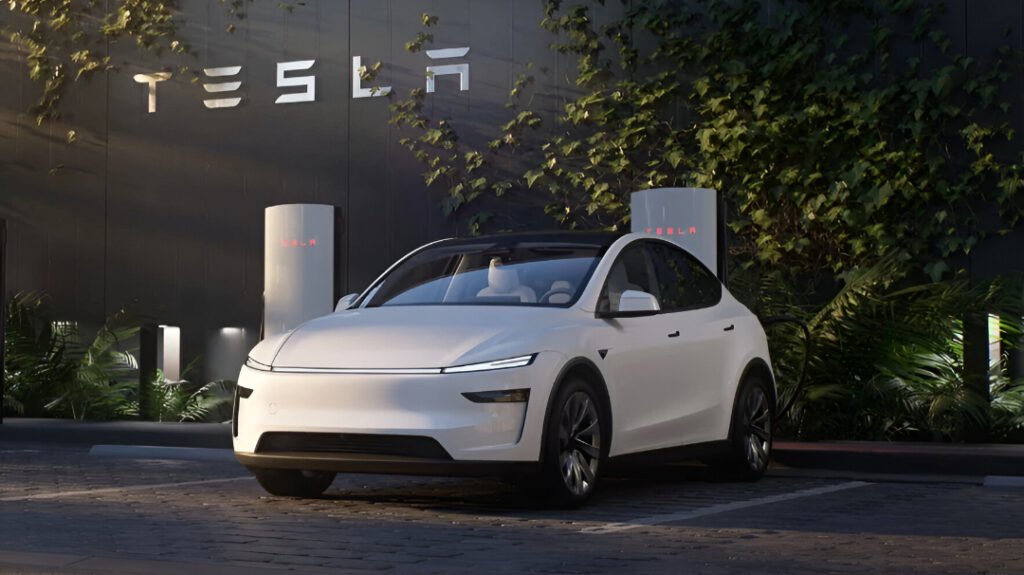
Tesla is gearing up to make its long-anticipated entrance into the Indian automotive sector as they are set to open a showroom in Mumbai around July 2025. This is an important milestone for EV infrastructure in India and shows Tesla’s willingness to expand in one of the globe’s rapidly developing markets.
Tesla Debuts in India: Strategic Growth Tesla Plans To Make
The showroom in Mumbai will serve as Tesla’s first retail store, quickly followed by another one located in New Delhi. The expansion comes after years of holdups stemming from negotiations regarding import taxes and local production requirements. A turning point came during a celebrated meeting between Elon Musk and PM Modi in February 2025, which cleared pathways for Tesla’s formal entry into the Indian market.
India’s Flagship EV Model Is The Model Y
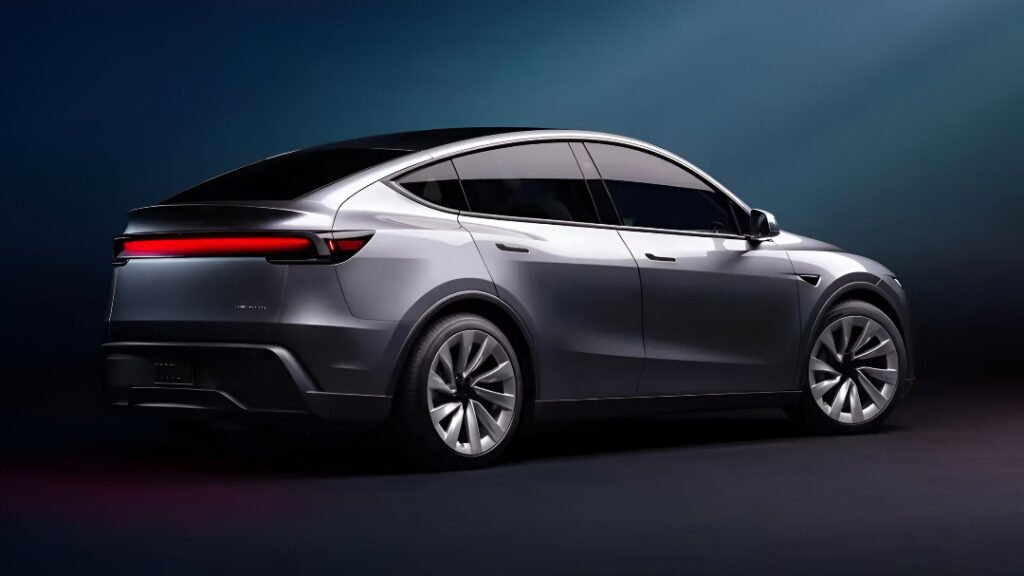
Initially, Tesla will roll out their Model Y rear-wheel drive SUV, which, alongside the rest of the order, is being shipped from Shanghai to Mumbai port. With the Model Y being the best-selling electric car globally, serving as proof of Tesla’s resolve towards capturing India’s premium EV segment, it’s clear that it’s already dominating on an international scale.
With India’s steep import duties of approximately 70% on fully built units under $40,000, the Model Y is likely to retail for over $56,000. This considerably exceeds its US price of $44,990, marking a significant deviation from the expected MSRP. It will be challenging to sell in a market that has a predominant share consisting of value-for-money-conscious consumers and where luxury cars account for less than 2% of total sales.
Made-in-China EVs and Imported Accessories
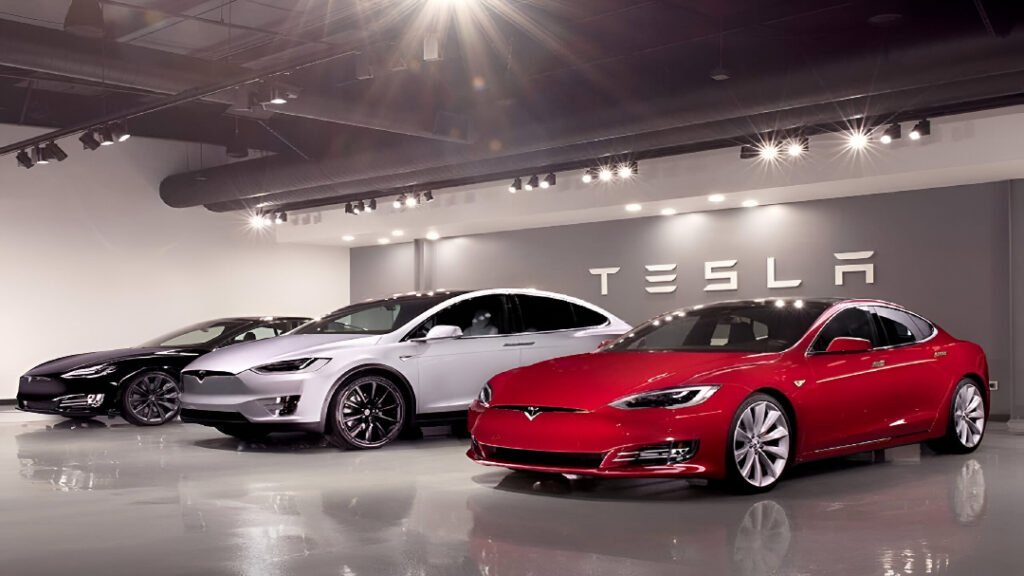
Tesla’s India launch is singular in that it features an imported vehicle and a components-based business model. The Model Y units have been shipped from Shanghai, and Tesla has also imported supercharger parts, car accessories, merchandise, and spares from China, America, and Holland. This allows the quick setup of Taiwanese stores even as they maneuver through local red tape pertaining to regulations and rules related to trade logistics. This in turn allows faster market penetration. However, high costs might mean reaching out to others first before branching into affluent metropolitan regions.
Implications for India’s EV Market
The entry of Tesla is analogized with Apple venturing into smartphones; it’s bound to have meme status or captions circulating along with global changes within the automotive ecosystem, starting with ride-sharing strategies down solar infrastructure development ladders. As one of the three largest car markets allotted sponsor countries, India continues driving electric adoption, sloughing off resting at a recently crossed ten mark, staying stagnant, and nearing competing against Tesla-partnered, fiercely regional, domestic sovereignty-brimming manufacturers outwards. Industry analysts view this as a pivotal moment that could accelerate innovation and investment in India’s EV sector.


